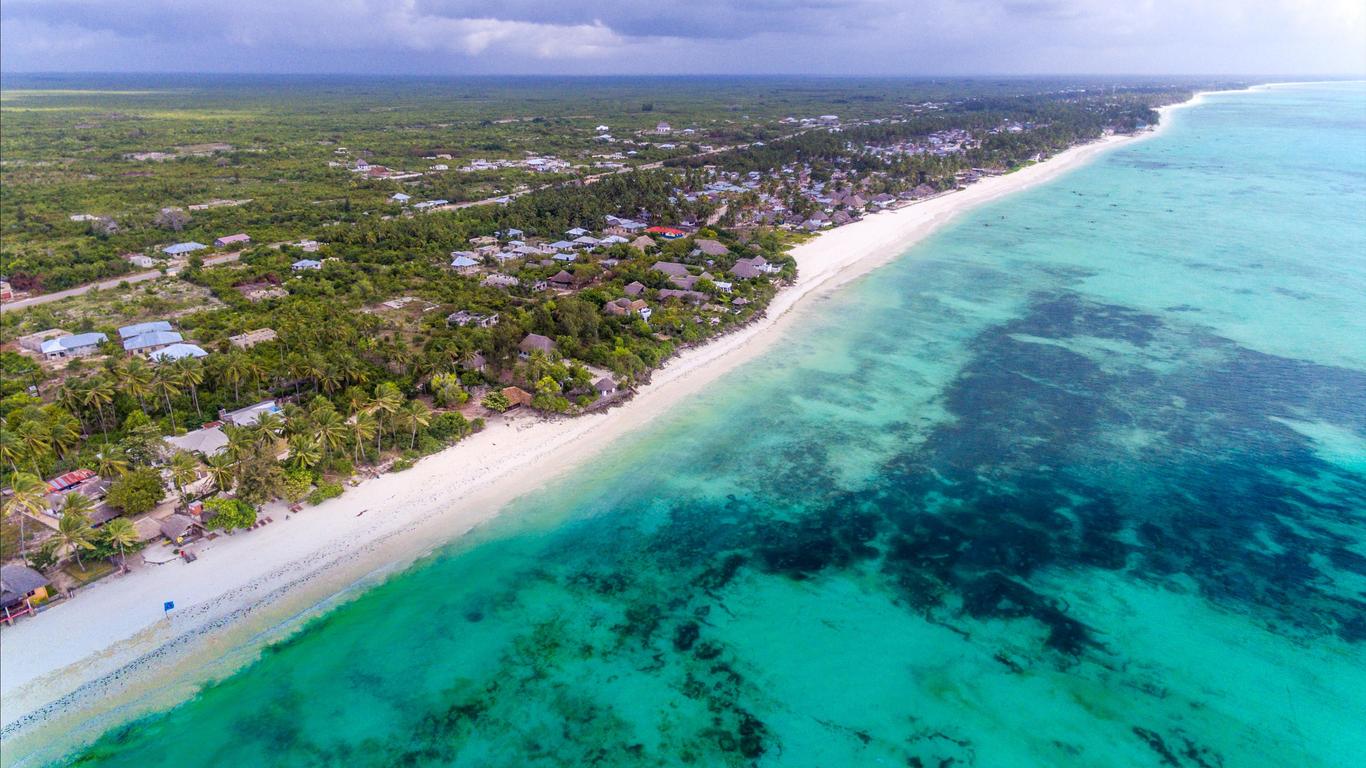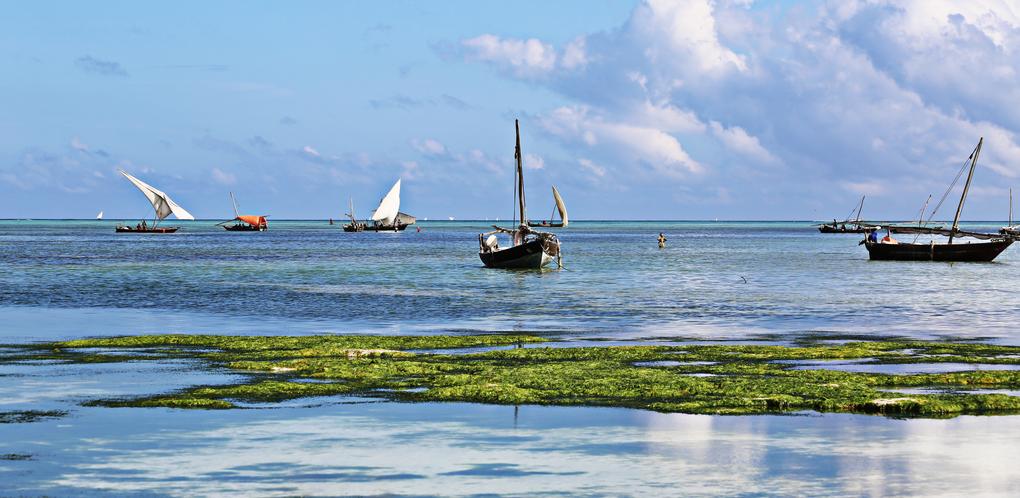
Tanzania travel guide
Tanzania Tourism | Tanzania Guide
You're Going to Love Tanzania
The wildlife, the weather, the beaches and the scenery of Tanzania together with the cultural heritage and warmth of the people make this a much sought-after destination.

What to do in Tanzania
1. Go on Safari
Tanzania is renowned for the Serengeti and the migration of the wildebeest, as well as the opportunity to spot the "big five" (lion, leopard, elephant, rhino and buffalo) in their natural habitats.
2. Climb Kilimanjaro
Book a hike with guides and porters to climb Mount Kilimanjaro, Africa's highest mountain. Getting to the top to see the sunrise makes the climb worth it.
3. Visit the Ngorongoro Crater
The grass plains are home to herds of zebra and antelope, such as eland and gazelle, while the forested areas on the rim of the crater is the habitat for elephants, leopards and buffalo.
4. Take a Trip to Zanzibar
Hop on a plane or a ferry from the mainland and go to the islands of Zanzibar to relax on the beaches, eat seafood and explore the historic area of Stone Town.
5. See Flamingos
Visit Lake Natron, a soda lake in north-east Tanzania that is famous for being the breeding grounds for the Lesser Flamingo. The breeding season is from September to April.
When to visit Tanzania
June to August is one of the best times to visit Tanzania because the temperatures are around 80°F during the day. January and February are the best times to visit the Serengeti as it is drier and you are more likely to see the animals migrating.
How to Get to Tanzania
Entry Requirements
USA, Canadian, British, EU and Australian passport holders will need a passport valid for 6 months after entering Tanzania and will need to purchase an ETA visa. It is advisable to do this online before entering the country.
Plane
The main airport in Tanzania is Julius Nyerere International Airport, 8 mi outside of Dar es Salaam, and is where the majority of international flights land. Airlines such as Emirates, Kenya Airways and Etihad all fly into Dar es Salaam, some of them with stop overs at Kilimanjaro International Airport.
Train
It is possible to enter Tanzania from neighboring Zambia by rail on the TAZARA Railway, although the journey is around 2 days. It is advisable to travel in a first-class sleeping compartment and ensure your luggage is secure.
Bus
There are bus routes from Nairobi in Kenya to Arusha and Moshi in the north of Tanzania, which are operated by companies such as Riverside Shuttles. The Dar Express also runs coaches between Nairobi and Dar es Salaam.
Popular airports in Tanzania
Popular airlines serving Tanzania
Where to stay in Tanzania
The larger cities have a range of accommodation from very basic guesthouses with shared bathrooms to midrange and luxury hotels. Safari parks offer accommodation, such as permanent tented camps, which can be midrange or luxury camps.
Where to stay in popular areas of Tanzania
Most booked hotels in Tanzania
How to Get Around Tanzania
Public Transportation
In general the public transport system in Tanzania is not well-developed. Within towns there are networks of commuter minibuses (dala-dalas) that are often overcrowded, but inexpensive. These can be caught at bus terminals or flagged down in the street. Tuk-tuks are also common in cities.
Trains
There are two train lines that run through Tanzania – TRC, which links Dar es Salaam with the west and central areas of the country, and TAZARA, which runs south-west and into neighboring Zambia. Book well in advance for first class tickets.
Bus
The bus network throughout Tanzania accesses most places of touristic interest. On main routes, there is a choice of regular or express buses with the latter often being more comfortable. The less popular routes are only serviced by regular bus services, which can be overcrowded.
Plane
There is a domestic flight network operated by airlines such as Air Tanzania, Flightlink and Air Excel. Flights. The network connects Dar es Salaam with most of the tourist destinations, including Kilimanjaro and Zanzibar.
The Cost of Living in Tanzania
Tanzania runs very much on cash and credit cards can only be used in large resorts and hotels where you will also be able to exchange for the local currency. ATMs are located in the cities and accept Cirrus and PLUS cards. Groceries might cost around 7,530 TZS (3 USD) for a 0.2 gallon of milk and a dozen eggs. Eating out is likely to be cheaper than cooking at home with a meal for one in a slightly cheaper restaurant costing around 5,000 TZS (2 USD).